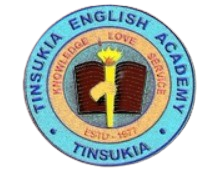Science Club
We all know that we can learn and remember things better if we do it and practice rather than just study or read them. This basic principle is involved in the formation of organization called “Science Clubs” meant for ‘learning by doing’.
Children have the tendency to make things, break things and handle things on their own but the conventional system of education does not allow them to do so. Self-expression, independent research, constructive activities, etc., are some of the opportunities provided by the science clubs. Science clubs also allow the students to work on their own ideas, hobbies, experiments, etc.
In the classrooms, the students work formally and restrict themselves to the school curriculum. Whereas in science clubs, there are no restrictions and the students can work on their own ideas with full freedom. Science clubs may also help reduce the burden of the increasing science curriculum. Students can learn more through the activities and their own experiments and clarify general scientific concepts. The coordination between the classroom and the science clubs will help the student to complete their curriculum in a subtle way. Science clubs are sometimes considered as the backbones of the curricular activities in the school.
Science clubs channelize the energies of students and make use of their skills and talents, which satisfy their instincts and urges and helps in their overall personality development. Science clubs work in association with classroom instruction of science subjects. Therefore we can define science club as “an organization, which helps in the development of scientific attitude, and develop genuine interest in science and scientific activities, supplements the work of the classroom and the laboratory and parts the syllabus on a practical bias”.
